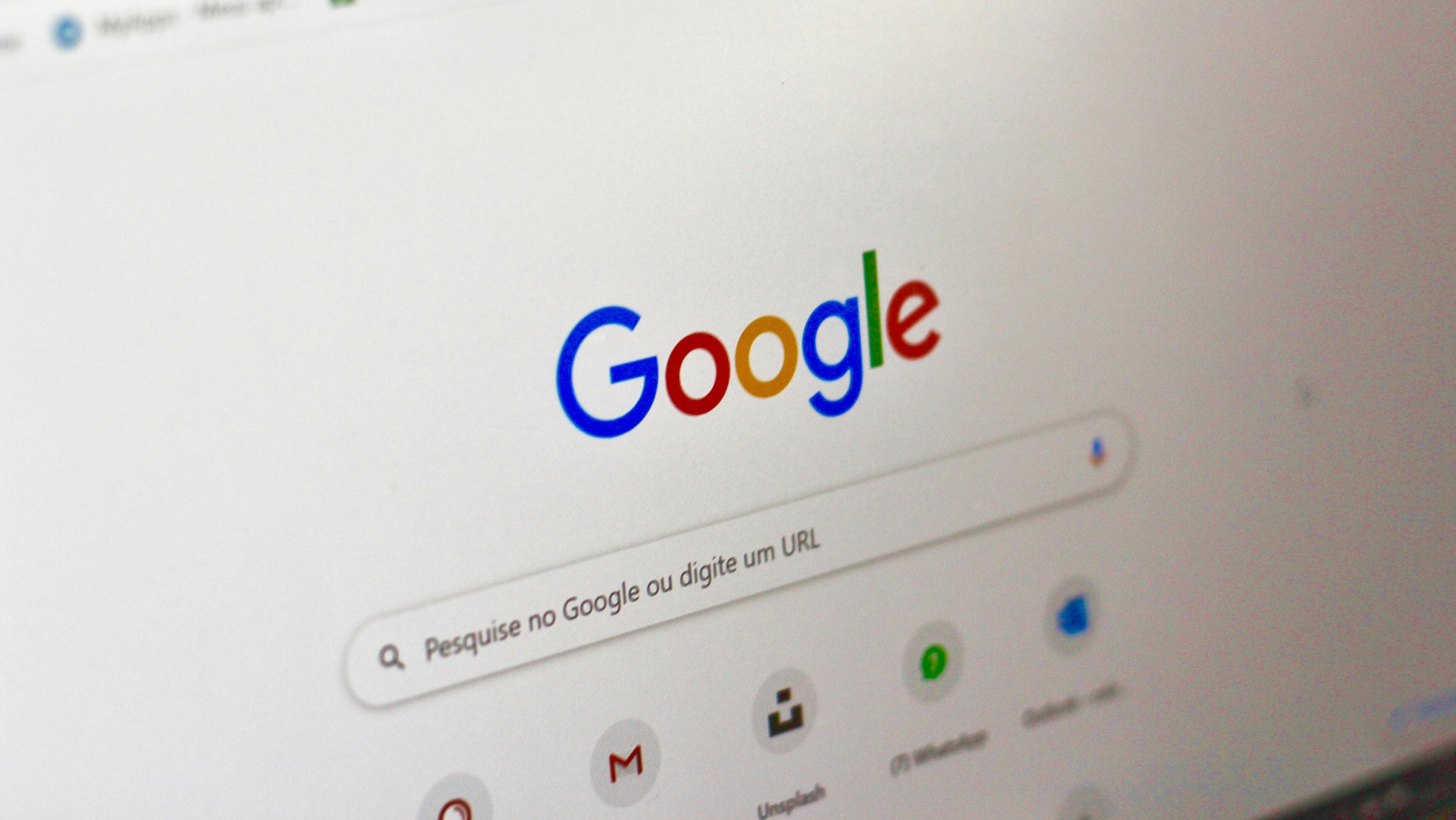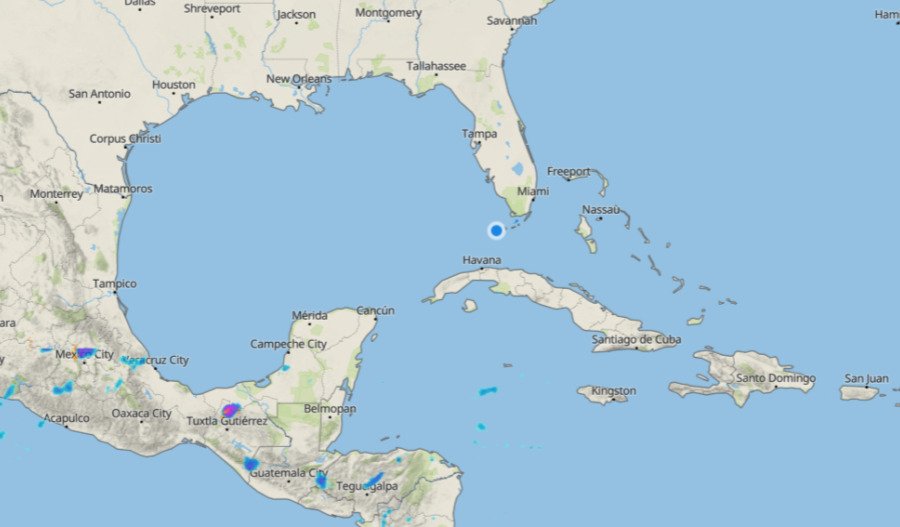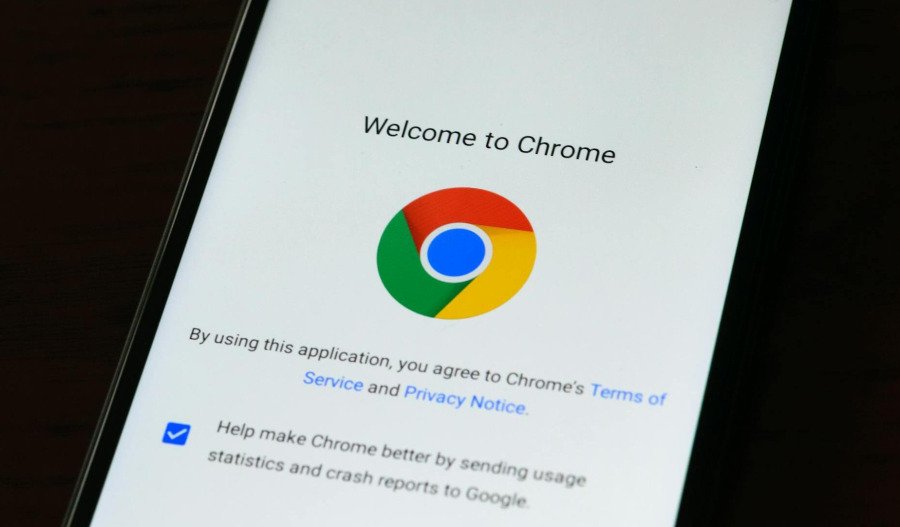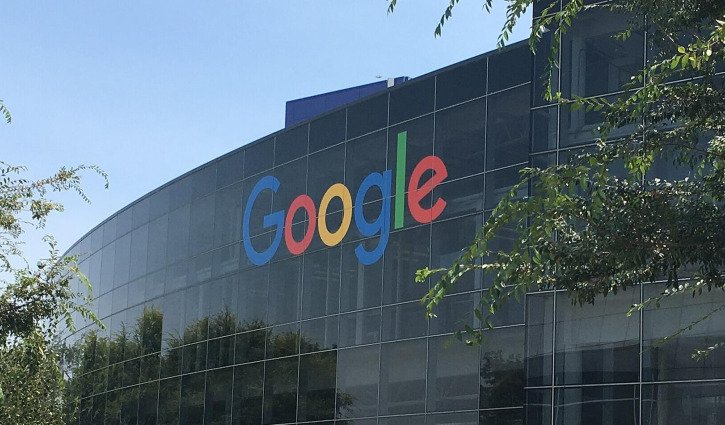Google is facing legal challenges from multiple sources for unfair trade practices and its "near total” dominance of the online search market.
The first lawsuit was filed by the U.K. Competition Appeal Tribunal for US$6.6 billion, who claim Google abused its position to restrict competing search engines and dominate its position in the market by making itself the only viable destination for online searching.
It was brought on by leading law competition expert, Or Brook, who sought compensation for the overcharge suffered by all U.K. businesses that purchased advertising pages on Google from 1 January 2001.
“Regulators around the world have described Google as a monopoly, and securing a spot on Google’s top pages is essential for visibility,” Brook said.
“Google has been leveraging its dominance in the general search and search advertising market to overcharge advertisers.
“This class action is about holding Google accountable for its unlawful practices and seeking compensation on behalf of U.K. advertisers who have been overcharged.”
Founding Partner of Geradin Partners Damien Geradin, who will represent Brook, said this is the first claim of its kind in the U.K. that seeks to address the harm of the inflated price advertisers are forced to pay Google.
"Google is one of the most powerful companies in the world. However, through a range of deliberate and exclusionary practices, it has sought to eliminate its rivals and dominate the search advertising market, ultimately overcharging U.K. advertisers by billions of pounds,” Gerdin said.
“We are fully committed to holding Google accountable and securing fair compensation for affected organisations and businesses.”
Google is also facing legal trouble with the Japan Fair Trade Commission (JFTC). They have issued a cease and desist notice to Google for unfair trade practices regarding search services on Android services.
In a statement, the commission said the tech giant had violated Japan’s monopoly law by requiring Android device manufacturers to prioritise their own search apps and searches through licensing agreements.
While licensing agreements are necessary to permit manufacturers to preinstall Google apps, like the Play Store, onto devices, the JFTC claims that they have abused this power. The commission said Google did this by using the license to prominently feature Google Search and Chrome on devices, with at least six different agreements in effect with Android makers as of December 2024.
The JFTC also claimed that Google requires manufacturers to exclude other search engines as a condition of their advertising.
Japan’s anti-monopoly law states that businesses are prohibited from trading on restrictive terms that impede transaction partners’ business activities.
These legal moves come with an increasing trend of anti-competitive actions against Google globally. This includes an antitrust lawsuit by Epic Games in the United States last year and an investigation in the U.K. into whether Google has a monopoly on online searches.
Related content



